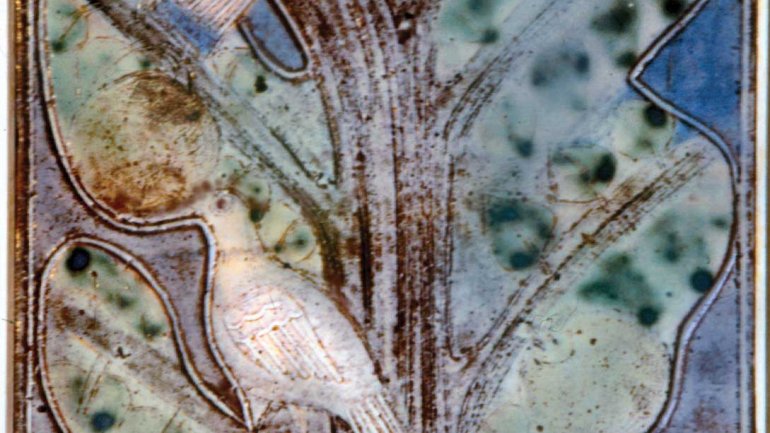Marguerite Wildenhain and the Bauhaus: An Eyewitness Anthology
Marguerite Wildenhain and the Bauhaus: An Eyewitness Anthology
Edited by Dean and Geraldine Schwarz
South Bear Press
Decorah, Iowa
$75
Of the émigré artists who fled Nazi-occupied Europe and ultimately played significant roles in the postwar development of the American studio craft movement, one of the most influential was Marguerite Wildenhain (1896-1985). By the time she emigrated to the United States, in 1940, the French-born but German-educated ceramist was a Bauhaus-trained master potter, had headed a ceramics workshop, designed prize-winning porcelain dinnerware for the Royal Berlin factory, and operated a pottery in Holland with her husband, Frans Wildenhain, a fellow Bauhausler.
She joined Pond Farm, an artists'community in northern California. Founded by Jane and Gordon Herr, the community dissolved after three years, but Wildenhain remained at Pond Farm for the rest of her life, running her own pottery school there, attracting hundreds of students and exerting considerable influence as
a teacher, artist and author.
Those wishing to reconstruct both the European milieu that shaped Wildenhain's work and its fruition on American soil, will find an embarrassment of riches in this 768-page archive. The book was compiled by Dean Schwarz-a student of Wildenhain's who went on to found the South Bear School, a pottery school in the Pond Farm tradition, in Decorah, Iowa-and his wife Geraldine. It offers insight through scholarly writings, letters and eyewitness testimony into the Bauhaus and other German institutions that contributed to Wildenhain's mastery of ceramics and into Pond Farmas a place of rugged natural beauty, utopian dreams and clashing egos. Photos document Wildenhain's life, her pots and other works such as this tile, Doves in Tree. A roster of Pond Farm students and teachers from the 1940s to the 1980s suggests her influence on the mid-century revolution in American ceramics-one of her early students was Frances Senska, who taught ceramics to Peter Voulkos and Rudy Autio in Montana.
Wildenhain's commitment to her métier as a way of life is evident in her writings, from a newly translated diary, to her essays in Craft Horizons and other magazines, and conference lectures. "Pottery is not only the expert making of a good-looking object out of the most lowly material of our earth, the clay," she wrote in 1960 in Arts and Architecture, "it is also just because of that very fact, more than anything else, the challenge to the human spirit to transcend this common material, for how otherwise could life and beauty be created with it?"




